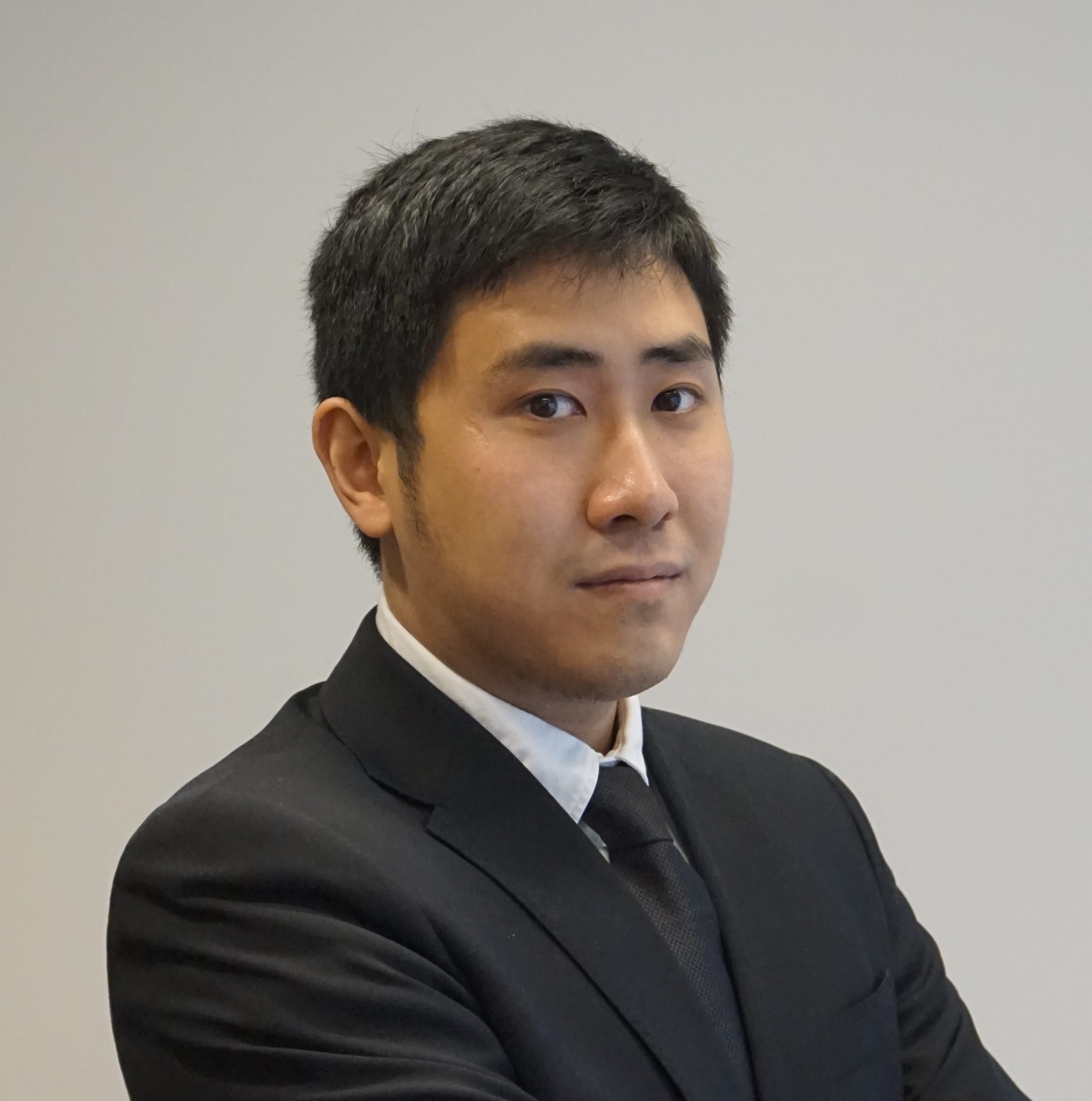As the COVID-19 pandemic continues to inundate the world, it has proven the importance of investing in the future of science and the development of the young trailblazers within it.
Therefore, on April 8, Eric and Wendy Schmidt officially announced their 2020 class of Schmidt Science Fellows, a year-long fellowship that aims to develop the next generation of science leaders through interdisciplinary research to solve the world’s most pressing problems.
Ben Winer, William Witt and Evan Zhao, students from Princeton University, are among the 22 early-career interdisciplinary Fellows who have been nominated to harness interdisciplinary approaches to tackle long-term societal challenges, including infectious disease, climate change and biodiversity loss.
“As the need for rapid and innovative scientific discovery and response grows more urgent during this global pandemic, we are convinced now, more than ever, there is tremendous value in recruiting the most promising scientific minds to apply their intellectual rigor and investigation to additional disciplines,” Wendy Schmidt, co-founder of Schmidt Futures, said in a prepared statement. “These exceptional early-career scientists join a growing community of Schmidt Science Fellows working to make transformative contributions, including new ways to fight against pandemic pathogens. Eric and I are excited to see what they can accomplish together.”
“The current crisis has shown us the importance of scientists working across disciplines and engaging with society and policymakers,” Eric Schmidt, co-founder of Schmidt Futures, said in the statement. “This new group of Schmidt Science Fellows demonstrates our commitment at Schmidt Futures to investing in talented people who can make the world a better place, in the long run and even during some of the most challenging times in recent memory.”
Winer’s PhD involved developing advanced human liver tissue culture models and humanized mouse models to study how the Hepatitis B virus establishes chronic infections. Hepatitis B viral infections are otherwise very difficult to investigate in the lab. Winer aims to use his time as Schmidt Science Fellow to take a systems biology approach to explore how migratory immune cells navigate the body. By understanding at a molecular level how individual cells interpret external chemical cues for proper guidance, he hopes to advance knowledge in immunology, infectious disease and cancer biology, according to the statement.
During his PhD, Witt has worked on ways to improve computer simulations of the behavior of atoms within materials. He helped to overcome challenges in computer processing of models involving many atoms through advancing orbital-free density theory. As a Schmidt Science Fellow, Witt aims to use machine learning techniques to simulate very large-scale polymer systems and to develop new plastics. He hopes that this work could lead to plastic products that maintain useful qualities while reducing harmful effects, such as microplastic pollution, according to the statement.
Zhao is a chemical engineer who has utilized timed light to control and then engineer microbes to produce new, valuable chemicals without the need for fossil fuel-based precursors. As a Schmidt Science Fellow, he is now pivoting to work on RNA sensing in cells for medical applications. Zhao aims to utilize a cell’s ability to sense its environment to develop a sensor that could control the production of therapeutic proteins within the cell, tailoring treatment to a patient’s specific needs, according to the statement.
Each Fellow receives a $100,000 stipend and is paired with an internationally accomplished and experienced senior scientist as a mentor. Schmidt Science Fellows attend global meetings as a group during their Fellowship Year at international science and innovation clusters. These convenings enable Fellows to engage with new concepts, to visit leading science facilities, and to engage with renowned thought-leaders from science, business, policy and society, according to the statement.

